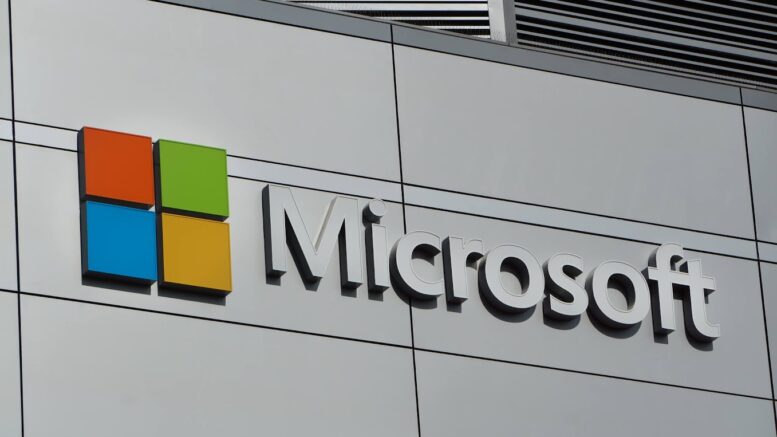If you’re like most business owners, you value consistency above all else. Technology exists to help support your business operations, and that means working with reliable products that receive routine updates. Unfortunately, even large software companies don’t support their products forever, potentially leading to painful transitions at the end of their lifecycle.
That period arrived relatively recently for businesses that rely on Microsoft’s Retail Management System (RMS) for point-of-sale and other retail operations. Microsoft officially ended its extended support period for Dynamics RMS in the summer of 2021. If you’ve been too busy managing your business to worry about what this means for you, this article will help explain what’s changing and why it matters.
Understanding Microsoft’s Software Life Cycle
Microsoft broadly divides its software support into fixed and modern policies. Fixed policy software includes many older technologies, including Dynamics Retail Management System. Under this policy, software transitions through a mainstream and extended support phase. The mainstream phase for RMS ended in 2016, while the extended support phase ended in 2021.
Mainstream support includes everything you’d expect from well-supported software under active development, including feature and security updates and company support. On the other hand, the extended support period does away with feature updates, instead focusing only on critical security updates.
What does this mean for your business? In the short-term, very little. Your software will continue to function as before, and your business operations can go on uninterrupted. However, RMS may work poorly or behave unexpectedly on newer hardware or operating systems. In fact, there’s no guarantee of compatibility with hardware or software newer than the end of mainstream support date.
Evaluating the Best Options for Your Business
If you rely on Dynamics RMS for your retail operations, you have three options going forward:
- Do nothing
- Transition to an RMS-based replacement
- Transition to a different end-to-end retail management system
The good news is that there’s no need to plan for an immediate transition. Microsoft’s extended security update (ESU) program will cover critical security updates for up to three years following the end of the extended support period. In other words, you don’t have to worry about critical security vulnerabilities in the near future.
Unfortunately, that’s where the good news ends. Poor hardware support, lack of future feature updates, and the eventual end of security updates mean that continuing to use Dynamics RMS will eventually be a losing game. At a minimum, you will likely need to continue using old, outdated, and potentially insecure hardware or operating systems to support it.
Selecting a New End-to-End Retail System
Once you’re ready to begin transitioning to a new system, you’ll need to decide between the multitudes of options available. While moving to an entirely new end-to-end system may have advantages for some businesses, it’s also worth considering moving to a system based on Dynamics RMS. Retail Management Hero (RMH) is currently one of the leading options in this category.
Moving to a retail management system specifically designed to support Microsoft Dynamics RMS means you can transition your existing data and hardware to the new system. This approach minimizes downtime, reduces employee training needs, and ultimately allows you to focus on your core business operations, not the technology that supports them.
In addition to these advantages, you’ll be moving to a system that can support new hardware, allowing you to make upgrades in the future. Even if you don’t plan to upgrade your hardware soon, keeping your options open means you won’t be reliant on outdated systems with potentially serious security vulnerabilities.
Whether you’re planning an immediate upgrade to RMH or want to stick with RMS for the near future, J Bailey Company can help support your business needs. We can help you keep your existing RMS installations supported or discuss options for replacing them with a better, more modern solution.
